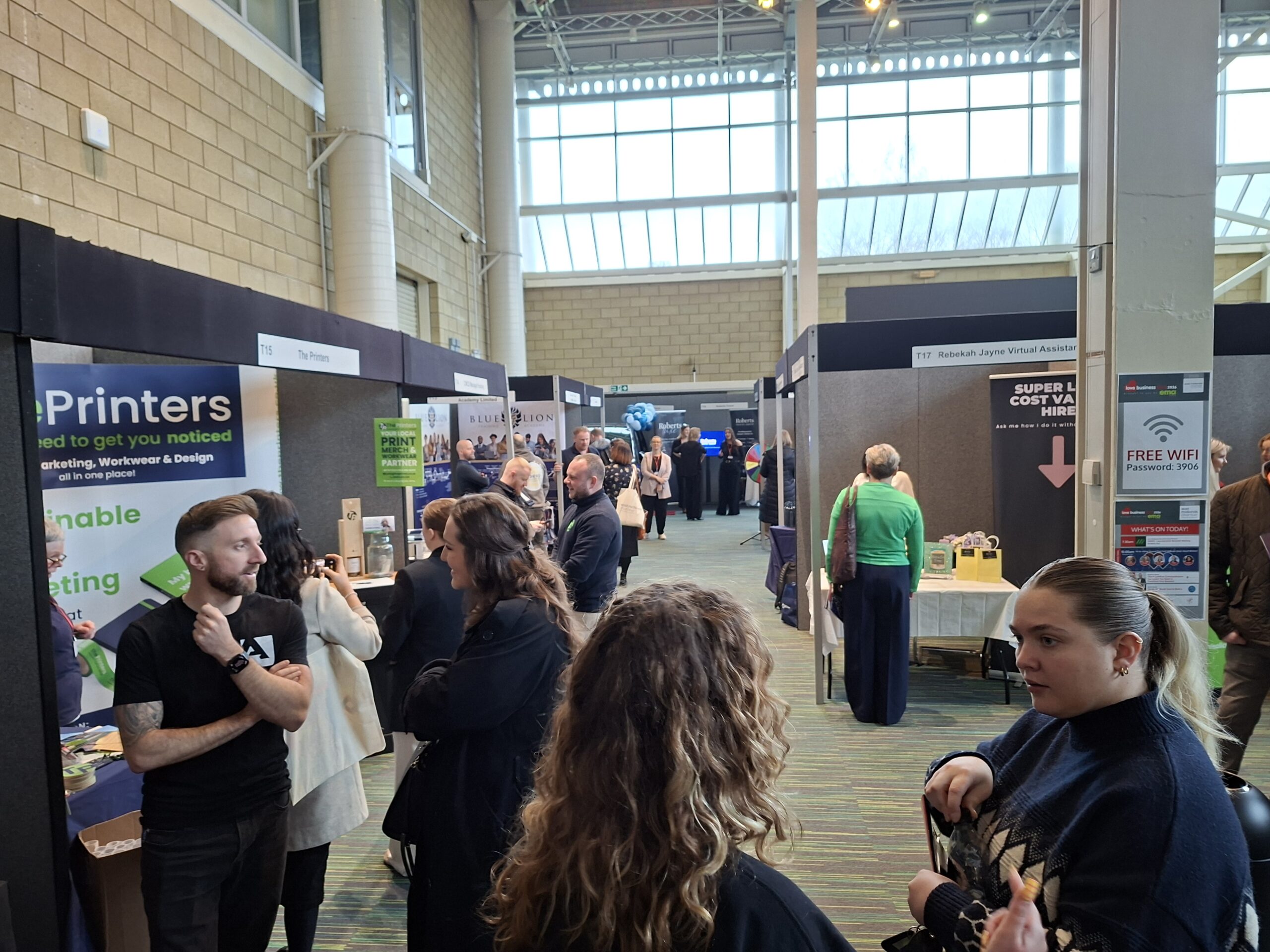UK and overseas orders and sales dropped over the last three months and more firms are operating below capacity – findings from East Midlands Chamber’s latest Quarterly Economic Survey underline the tough trading climate faced in the region.
Covering the third quarter of 2025, responses were gathered from nearly 300 businesses across multiple sectors in the East Midlands and the findings based on a combination of measurable data and sentiment.
Sales and orders performance dips over the last 3 months
UK
- Sales down 3%
- Orders down 1%
Overseas
- Sales down 1%
- Orders down 2%
Increase in firms operating below capacity
- Reported by 8 out of 10 businesses
(the figure has gradually risen from 7 out of 10 in Q4 2024)
Pressure to raise prices over the next three months has eased slightly
- 3 out of 10 firms anticipate raising their prices
(slightly lower than Q1 and Q2 2025)
Recruitment has fluctuated but steady
- Half of businesses (47%) attempted to hire new staff
(2% fewer than in Q2 2025 but slightly more than in Q1)
- 7 out of 10 businesses expect their workforce to remain the same
(no change from the last quarter)
- 6 out of 10 businesses reported difficulties in finding suitable staff
(no change over the last quarter but lower than Q1 2025 when it was 7 out of 10)
Confidence in profitability and turnover for the next 12 months remains fragile but has shown slight improvement
- 4 out of 10 businesses expect profitability to improve
(up from 3 out of 10 in the last quarter)
- Half of businesses expect turnover to improve
(up from 4 out of 10 in the last quarter)
Top 3 concerns of East Midlands firms, ranked in order, are unchanged
- Inflation
- Corporate Taxation
- Competition
East Midlands Chamber Director of Policy and Insight Richard Blackmore said: “Drops in sales and orders, both in the UK and internationally, lay bare just how tough trading conditions have been. Uncertainty around the upcoming Autumn Budget on 26th November could have been among factors impacting buying decisions, while soaring inflation and constantly changing export tariffs will have also contributed to difficult trade.
“Higher employer National Insurance contributions and a higher national living wage – brought in following the last Autumn Budget – gave firms a tough hand. Mitigating the impact of more expensive staff costs might be expected to result in hesitant hiring or natural attrition but the fact that half of East Midlands businesses still attempted to recruit shows a sense of confidence. Apart from mild fluctuation over the last few quarters, recruitment has not really slowed, while there was also no change to the number of businesses – seven out of ten – saying they expect their workforce to stay the same in the coming months.
“Finding skilled candidates who can hit the ground running continues to be a challenge with no change to the number of businesses – six out of ten – having had difficulty filling roles with suitable people. The figure is lower than it was at the start of the year, though, having fallen from seven out of ten in the first quarter of 2025.
“A fall in the number of firms considering putting up their prices, despite high inflation and labour costs is encouraging but it is possible the lower number of businesses reporting price pressure – now three out of four – could be due to having already raised prices earlier in the year.
“Slightly raised profitability expectations for the next 12 months suggest some businesses see current conditions easing in time but at less than half of respondents reporting that, the outlook is not very reassuring. Only four out of ten respondents anticipate improved profitability, although half believe turnover could improve. It is possible firms are looking to the other side of the upcoming Autumn Budget for more stable ground and certainty.
“With inflation still the greatest concern of businesses in the region followed by corporate taxation, the Autumn Budget is an opportunity for the government to help level the playing field and allow business growth. Having had to bear the brunt of tax rises last year, it is essential that rumoured hikes do not hit firms again this year.”
View East Midlands Chamber’s Quarterly Economic Survey findings for Q3 2025 here.








